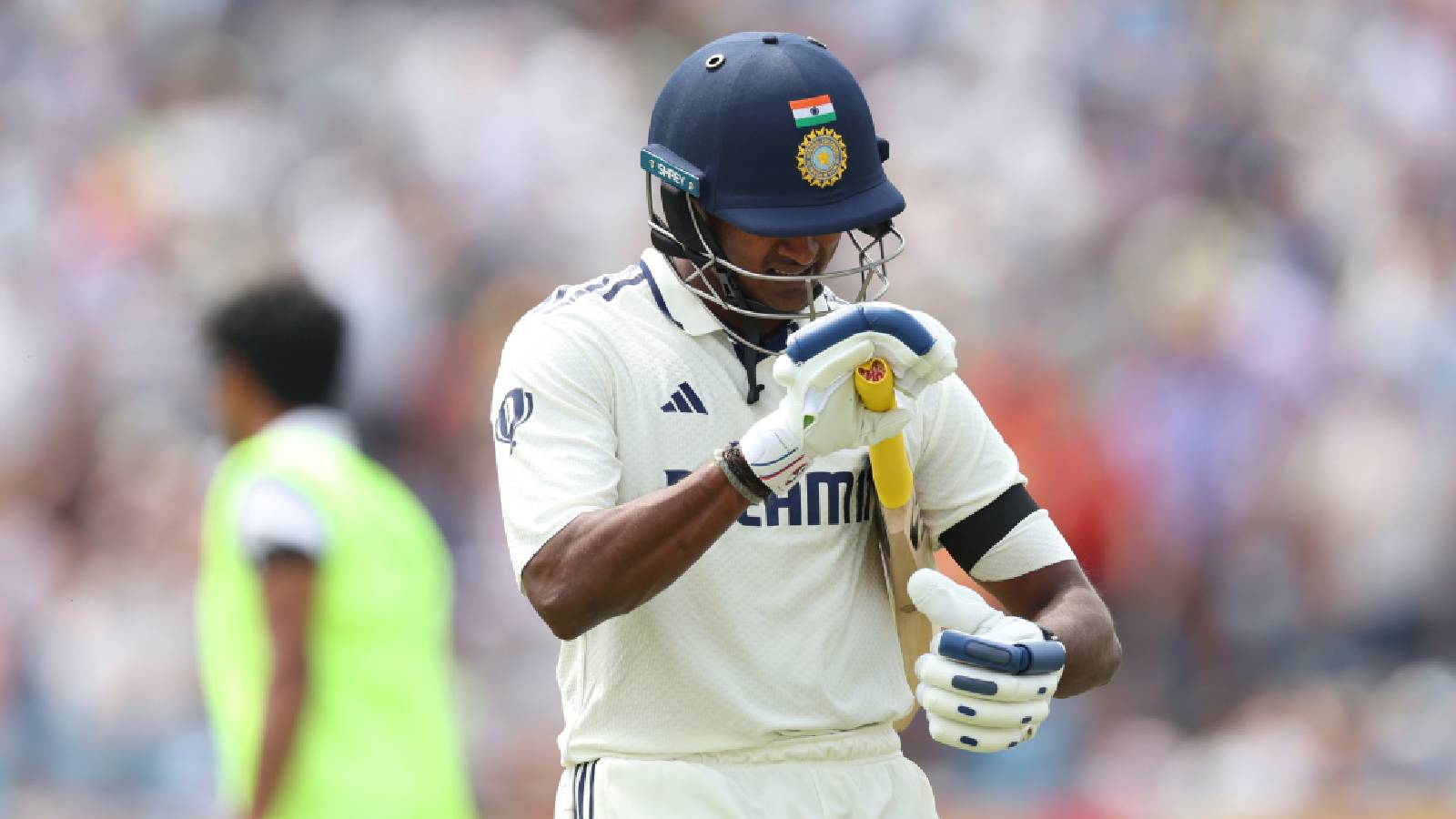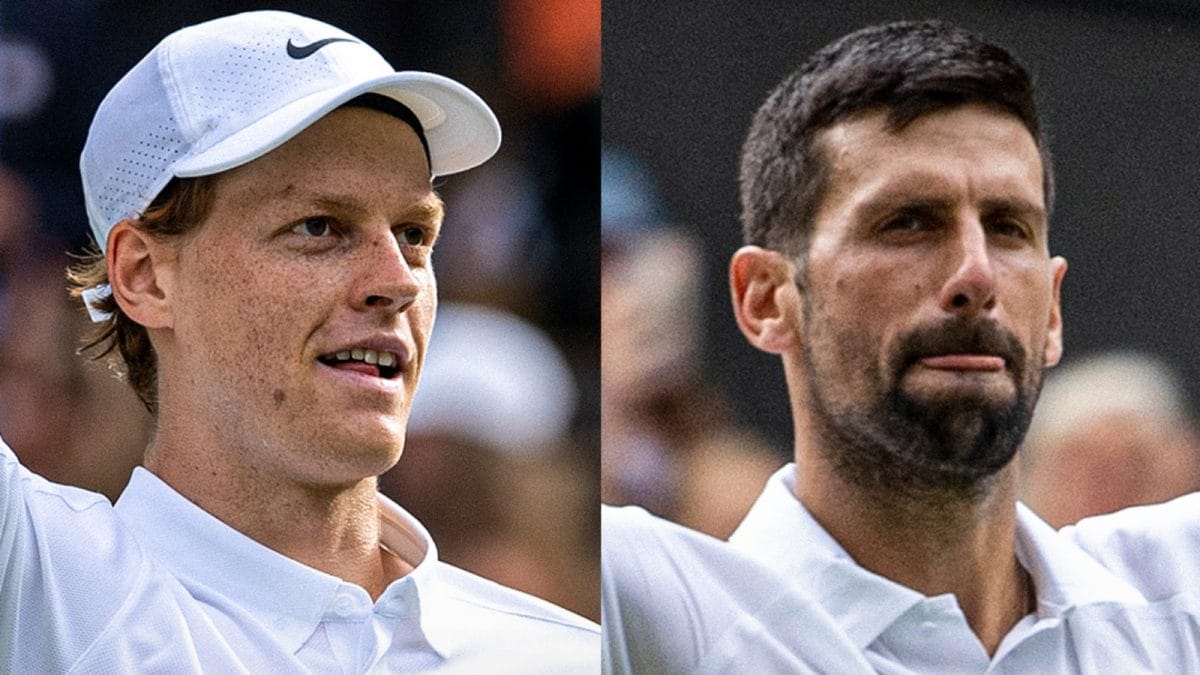ARTICLE AD BOX
Late for training; late to team bus; the last to respond to messages in the team group, and now late to blossom. Ousmane Dembélé was the wunderkind who always had lots of time on the ball, but never kept time in real life. The team’s wizened senior pro, Gerard Pique once scolded him: “You must learn football is a 24-hour game.” El Mundo Deportivo carried a cartoon where one Barcelona fan is telling the other: “We don’t mind him being late if his goals arrive on time.”
Some teammates said he was disengaged, aloof, bunking parties to play video games, and he fished out the oldest and lamest excuses for turning up late for practice. Dead phone; stomach ache, tooth pain. His national coach Didier Deschamps would painstakingly say: “He has to understand that he has to change; the sooner he realises that, the better for him and his club.” Injuries, doubts, loss of form. Hefty price-tags attract little sympathy.
The second most expensive player in the world when he was barely 21, he seemed another misadventure of Barcelona in the transfer market. But Xavi swore about his gifts when someone questioned his ethics. “He is different. Special,” he raved. The club’s president Joan Laporta, even on the cusp of Dembélé ’s tearless departure to PSG, emphasised that he was better than Kylian Mbappe. Those that watched Dembélé at his best nodded their heads in approval. It was not difficult to see why.
He is as quick with the ball as he is without it; he dribbles, not as a tool to showboat but when the situation demands the trickery; he is a blur of sidesteps, and ghosts through congested lanes of human bodies; his left foot is as good as the right; he can slot it either wings, can lead the line as both a false and conventional nine; he is strong through the air, the frame of a boxer with the suppleness of a gymnast. He was one player in many, yet it remained a mystery why his genius had to wait until he was 28 to fully blossom. Rare flashes of bewildering genius apart, he was one of those footballers who never really comprehended his own genius. At PSG, it was widely thought that he would slow-fade into anonymity.
Except that he scripted a most remarkable comeback tally. He was PSG’s hero in the league, talisman in Champions League, and identity in the Club World Cup. The defeat in the final should not take the sheen away from his glorious season. Luis Enrique, his manager, hails him as the best player in the world, a runaway Ballon’d Or. PSG’s president Nasser al-Khelaifi quipped that, “If he doesn’t win the Ballon d’Or, that’s the Ballon d’Or’s problem.”

 Paris Saint-Germain Spanish coach Luis Enrique. (AP)
Paris Saint-Germain Spanish coach Luis Enrique. (AP)
The numbers concur with the manager and the president. A ledger of 38 goals, 16 assists and three trophies could be enough to make him the favourite. But he was more than a creator this season. He was an inspiration and leader too. “Ousmane is a leader, but in what he does, not with words. Have you seen how he pressed? asked Enrique to a bunch of journalists after he had masterminded the demolition of Real Madrid. “I would give the Ballon d’Or to Mr Ousmane Dembélé, for how he pressed,” he would say.
Aggressive pressing is the most noticeable change in him, and one that really defines his turnaround. He could be strolling serenely, his long, slender legs swanning along the grass blades, before those whirs into action like a chopper, acquiring a sudden explosive velocity. He presses vigorously, arms spread out, eyes a ball of fire and focus and legs ready to pounce on the ball. In the Champions League final against Inter Milan, he instigated more pressing action than all of his teammates in the final third (14, and the next best was 4. “It’s not just the goals or the decisive passes, it’s his overall impact that makes the team win trophies. He has shown he is a step above. He is our best player, someone who can make the difference, because he has convictions,” Enrique showered praises.
Story continues below this ad
When the highest line of offence presses as aggressively, closing down the opponents’ goalkeeper and defenders, the teammates follow. The whole team is making ground behind him and the opponents are suffocated, resulting in panic long-range passes. After the Champions League final, Inter Milan’s goalkeeper Yann Sommer confessed: “We had difficulties to build up,” said the Inter goalkeeper, “but we have to say they [had] good pressure.”
The turning point of Dembélé this season was, ironically, when he was dropped before PSG’s group game against Arsenal, as “he didn’t meet the club’s obligation”. Later, Enrique said it was the best decision he ever made at the club. “I had to make a hard decision but I thought it was the best for the team,” he said. The next morning, the player had a long meeting with Enrique and was reinstalled in the playing eleven for the next match. Dembélé returned wanting to prove a point, which he had been doing all along the season.
The role of Enrique in the revival of Enrique cannot be underplayed. “He changed everything,” Dembélé once said. He was not referring to strategy or positioning but the shift in mentality. “He has always been a phenomenon. The thing is, you have to go deeper to get the best version of Ousmane,” the manager replied. So much so that the transformation of Dembélé from a glittering talent to the best player of the season gone by, embodies the journey of a PSG from careless big-spenders to a genuine world-beating force. Late to blossom. But his time has finally come.



.png)
.png)
.png)























 English (US) ·
English (US) ·